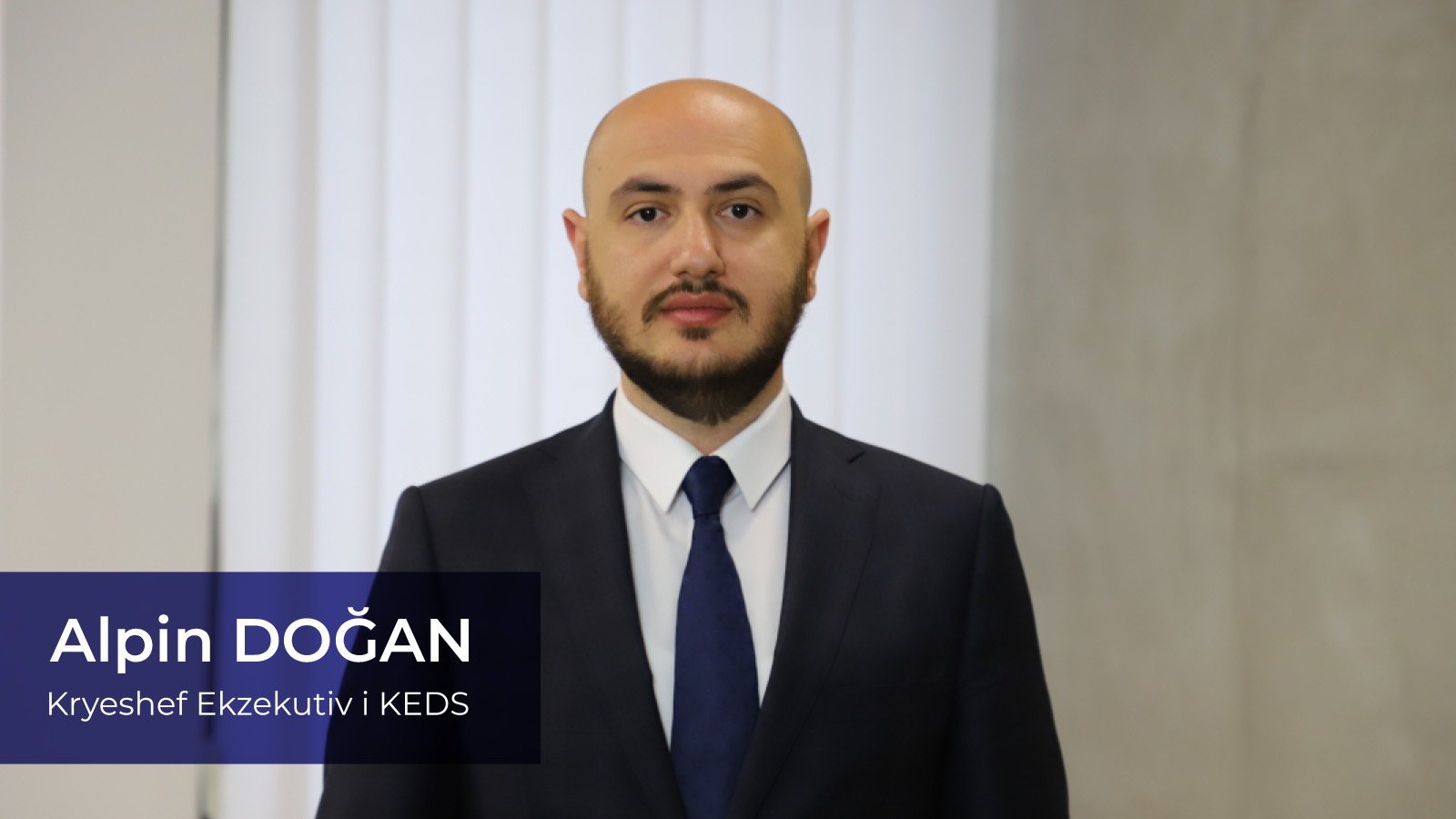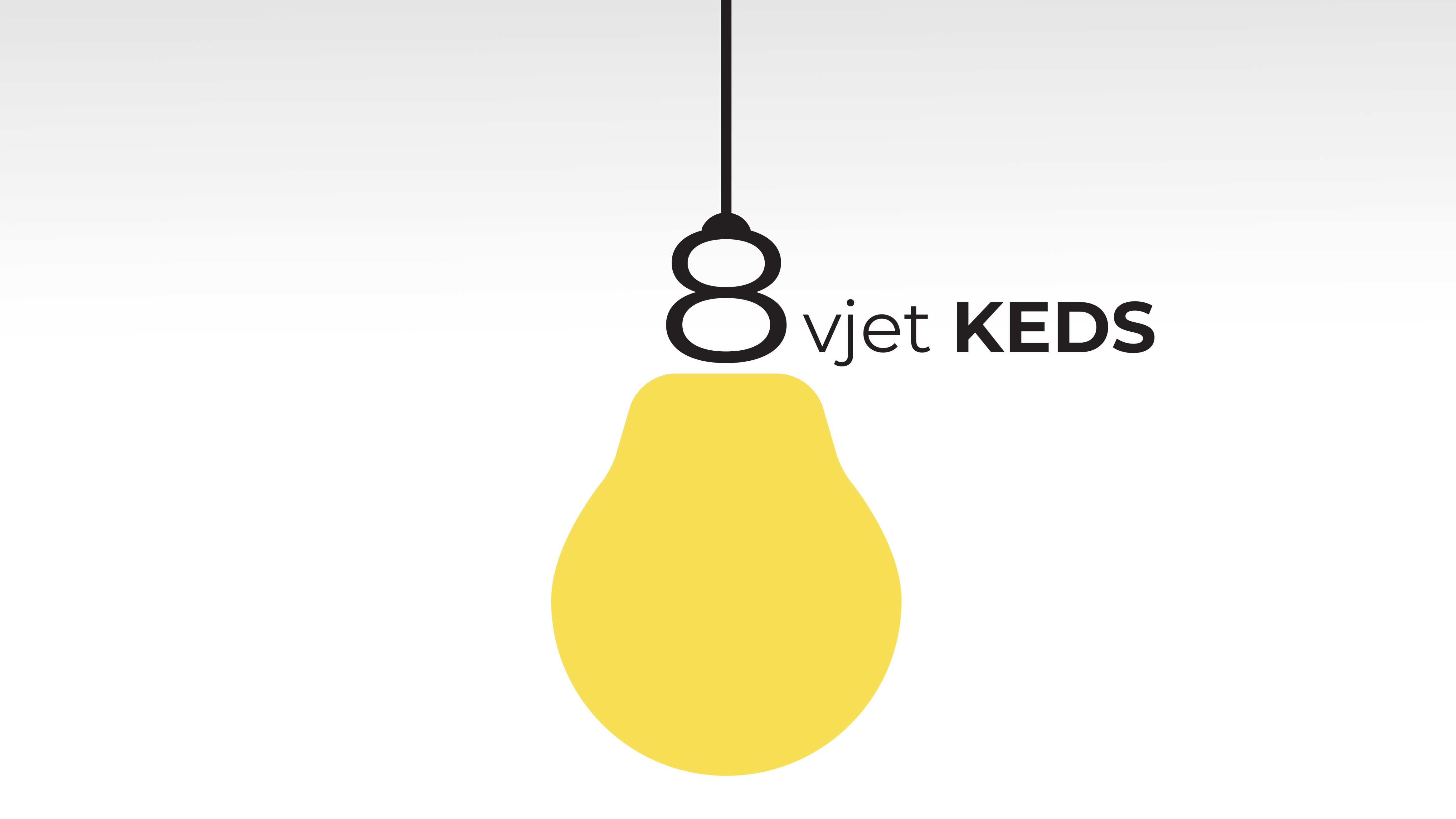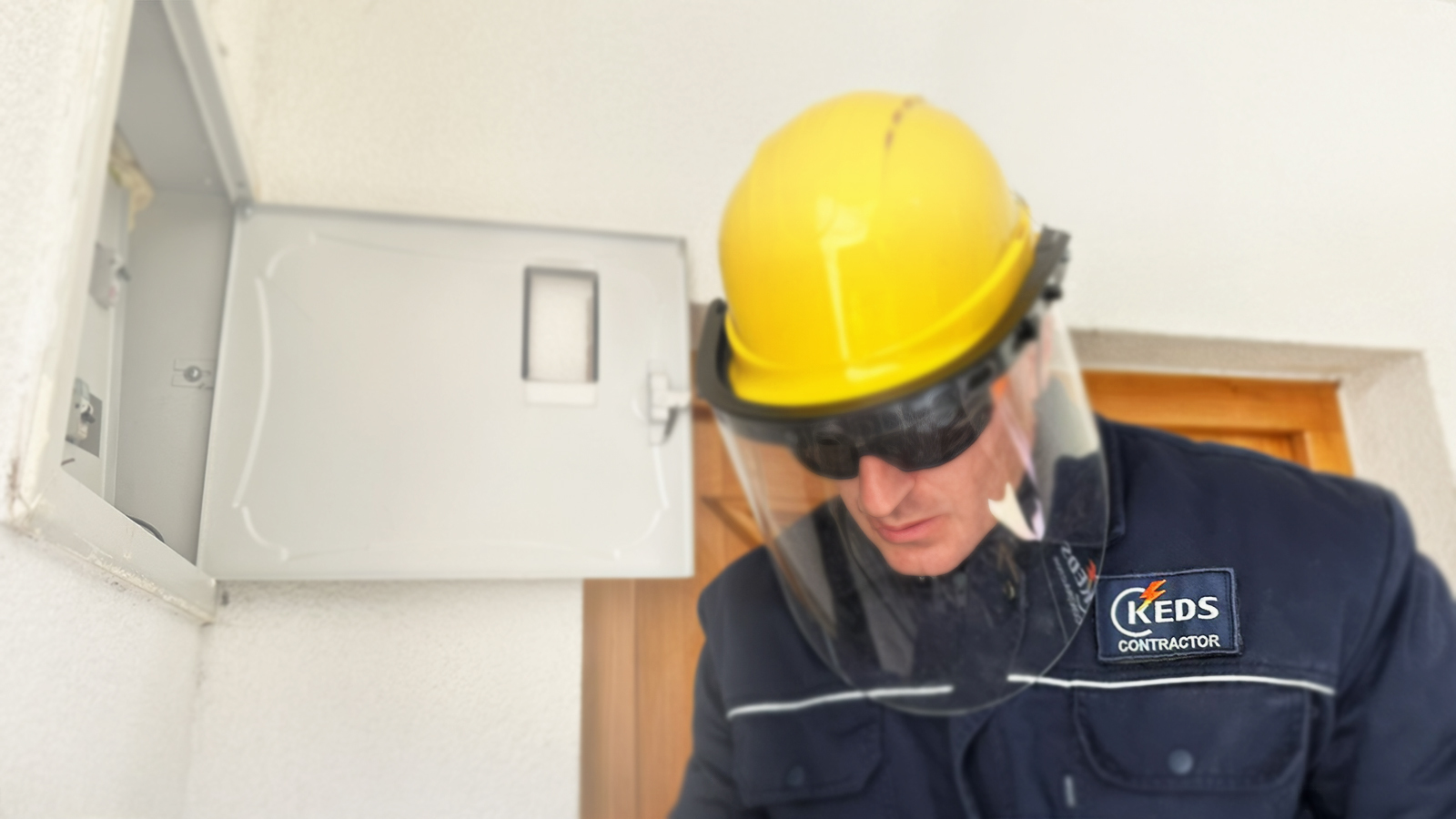 September 15, 2022
September 15, 2022
KEDS - from a traditional power network to a modern digital one
The Kosovo Electricity Distribution Company (KEDS) after privatization, began its operations in 2013. The electricity network was in a poor condition, with almost no significant investment for decades.
From that time till the beginning of 2022, KEDS has invested 209 million euros, implementing nearly 2000 projects through contracting companies or through its own maintenance crews.
Investments began in May 2013, when privatization took place. In February of that year, a few weeks before the transfer of ownership, thousands of citizens protested to the public company over suspicions of incorrect calculation of their electricity use.
Upon taking accountability, KEDS digitized the process of reading and billing customers through Hand Held Unit instruments. Also, the installation of digital meters continued simultaneously.
This process had started before the privatization but intensified with the arrival of KEDS, and to this day 546 thousand digital meters have been installed in total, out of 660 thousand. A part of them are SMART meters with remote control and reading.
Major changes from investments have also been done in the operation of the distribution network. Prior to privatization, network operations were performed manually.
KEDS installed the SCADA system for the entire medium voltage network. This complex digital SCADA system enabled remote monitoring, controlling, and data acquisition for the whole distribution network.
At the same time, KEDS functionalized a program called Kosovanet, which serves to monitor and manage real-time events in the network, enabling the digital management of the entire network infrastructure and workforce.
Facing a continuous demand in electricity consumption each year and a non-adaptable existing medium voltage network to the increasing load in many areas, KEDS converted for the first time in Kosovo the level of 20 kV voltage distribution, which is suitable for high electricity demands in many developed urban and rural areas.
As part of the initial pilot project, 4 completely new 20 kV lines were first built. When this project functioned optimally, KEDS continued the conversion of the voltage level from 10 to 20kV in other regions as well. Today, most parts of Prishtina operate at this level, having converted a considerable part of the 10kV lines to 20kV. So, a doubled distribution capacity managed overloads, especially during the winter.
Such a level of 20kV distribution system is being implemented in the centers of other cities as well, and it is planned that in the next five years the transformation will be finalized in every part of the country, where any potential overload can occur. This is because most of the lines that are being transformed at this voltage level involve large numbers of customers and high electricity demand.
Investments and advancement of services have significantly increased the reliability of electricity supply, contributing to the overall security of electricity supply. The effect of this vast progress made in the security of electricity supply is also shown in the quality of the electricity supply indexes SAIDI and SAIFI.
These indexes are parameters that determine how much the electricity supply has improved nationwide to final customers. Moreover, the system average outage frequency (SAIFI) during KEDS operations has decreased by 64 percent, while the system average interruption duration index (SAIDI) at the national level has decreased by 70 percent. Investments in the distribution network have also shown results in loss reduction.
KEDS took over the operation of the network with a total of 31 percent losses. Now, 9 years later, they have dropped to 18%. Within the five-year period, we aim to meet the average of the region. In order to achieve this, investments are taking place throughout Kosovo, in the two levels of voltage, low and medium which the company manages. But the last two years have been very difficult in achieving this goal. First the pandemic, then the energy crisis, both had created a tough situation.
Being a regulated company, KEDS was badly hit financially by the low electricity tariffs. The electricity prices went tenfold on the international stock markets and this made the company insolvent. The fact that Kosovo is a net importer country has also had an impact, as the need for imports increases highly during the winter.
The request to rise the electricity tariffs was rejected by the regulator, on the grounds that the high prices in the international stock markets are speculative and will soon drop. Our August warning that prices are going beyond the usual, was also ignored. These several months delay in response led for the company to be financially drained.
But, at the beginning of 2022 the situation changed for the better as many parameters positively changed. There was a price subsidy by the Government of Kosovo, the prices dropped in the international stock markets while the regulator increased the final price for the part of imported consumption.
From these changes, KEDS was given the opportunity to continue its investive projects.
The main focus is on optimizing network operations, increasing customer satisfaction and adapting the network to renewable energy producers. At this point, KEDS has established a special department to address each request from renewable energy producers and for the improvement of general conditions for this entire sector.
The company considers the development of this sector highly important, while experts specialized in the USA work there. The team meets regularly with businesses interested in investing in renewable energy and acts according to their requirements. Regarding this sector, KEDS has also invested in several special power lines, built specifically for the operation of renewable eneergy producers.
This is not the last action of the company regarding businesses. Kosovo has a fragile economy and doing business is faced with many infrastructural problems that must be continuously supported in order to function properly and develop further. 9 years ago, in the Doing Business reports of the World Bank, the problem of electricity was always ranked first by businesses in Kosovo. KEDS also directed investments in business areas.
Capacities were expanded in many of them, while in some lines involving hundreds of businesses, power lines were rehabilitated or replaced with completely new ones. Security of electricity supply became a priority and this brought major changes. In recent years, the electricity problem for businesses has shifted from the main problem to the eighth one.
But, to provide services at the highest standards, the optimization of the electricity network infrastructure must also continue in the following years. To achieve this, KEDS is preparing a five-year distribution network investment plan.
This plan goes beyond the advancement made through maintenance, capacity increase and standardization of voltage levels. For the most part, it takes into account the development of localities.
KEDS is working in full coordination with all municipalities in Kosovo to adapt their development priorities, both in economic terms and the expansion of settlements based on urban plans.
In conclusion, it can be said that Kosovo's distribution network has been going through a phase of modernization and improvement in the last decade.
Meanwhile, by the end of the current decade, it will focus on finalizing digitalization, its adaptation to renewable energy, transformation and expansion based on requests from citizens and businesses as an infrastructural prevention of urbanization of localities.
.







